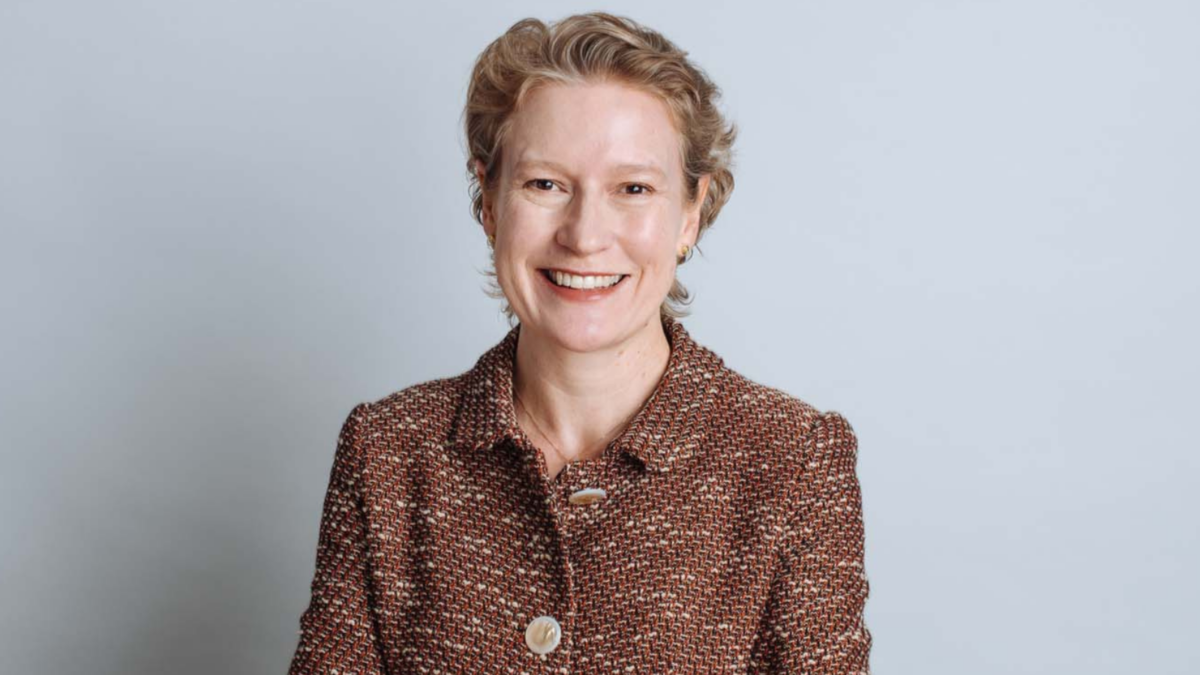What’s in a name, anyway?
(Pictured: Andrea Slattery)
A slight name change for an industry association should not, by rights, raise too much interest. With the former SPAA, for instance, which became the SMSF Association last week, the biggest concern seemed to be how you could say the association’s new name reasonably quickly. ‘SPAA’ was a lot easier.
But, with the association’s annual conference taking place in Melbourne this week, and with the SMSF movement continuing its inexorable march to lead Australia’s retirement savings system – in dollar terms, if not number of members – the event took on a whole new consequence.
IFA Magazine, as an example, took exception that the association’s members were not consulted about the new name. And other retail media titles, including Investor Daily and Financial Standard, wondered out loud whether the new name signalled a new remit for the organisation.
Andrea Slattery, the CEO who famously started the former SPAA in a converted cupboard in an accounting firm’s office in Adelaide in 2003, politely answered the press’s questions in a briefing at the ASX in Sydney last week.
SMSF Association would not be changing its remit, she said. It had always represented SMSF trustees through their service providers, most of whom, of course, are also SMSF trustees. The association is very accessible, given an annual fee of only $695 for full membership and $395 for affiliate membership (including journalists, apparently). Students can join for free.
The association – with a staff of 20 – now has more than 3,200 members of all types. This week’s conference, in Melbourne, will have more than 1,500 attendees, making it the biggest annual event for the SMSF market by a wide margin.
For the record, SMSF Association is the fourth name the group has had. It started as Self Managed Superannuation Funds Professionals Association, became Self Managed Superannuation Funds Professionals Association of Australia, then SPAA (SMSFs Professionals Association of Australia) and now SMSF Association. Perhaps its fifth iteration, if that ever happens, will be a little easier on the tongue.
“It’s an acronym of an acronym,” Slattery said at her press conference. “But it’s simpler and more intuitive [than SPAA].”
She said that the biggest concern facing her members was political uncertainty, with, as always, the possibility of legislative change undermining confidence in the retirement incomes system. The association’s research, however, showed that there was a high level of confidence in the professional advice afforded to SMSF trustees.
An interesting fact is that 92.4 per cent of SMSF trustees in their drawdown phase, take their money as income streams, such as pensions.
The association sponsors a lot of research into the sector, including an annual survey previously undertaken with Russell Investments. The latest, in conjunction with Investment Trends and Morningstar, will be announced this week.










